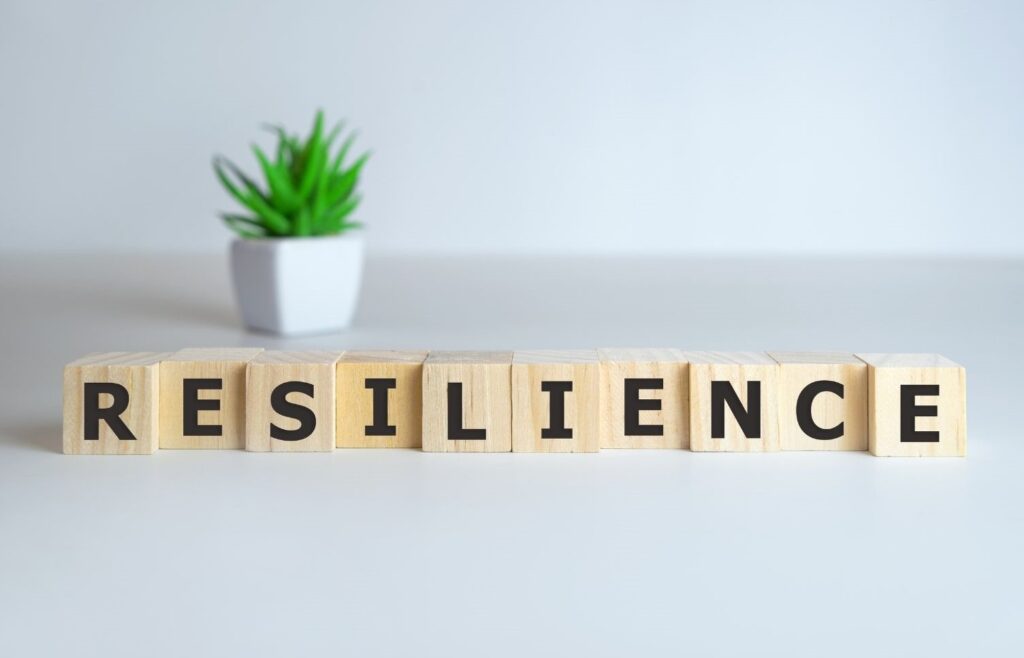Spring is that transitional time of the year that signifies new beginnings. Nature is at its best version of creativity and rejuvenation. The days start getting longer, warmer weather sets in, pretty flowers start blooming, trees start growing their leaves back, birds are building their nests, and squirrels and bunnies are running around in yards.
Continue readingCategory Archives: Uncategorized
Connecting with Nature for Mental Well-being
Nature is such an important part of our world. While I am not fond of the bugs that call it home, I appreciate the beauty and all the resources nature provides. Did you know that nature can help us with stress management? This is known by a variety of names, including nature therapy, ecotherapy, and green therapy. Regardless of the name, it refers to the therapeutic benefits of spending time in nature.
Continue readingBeat The Stress
We are living in a fast-paced world and to fit ourselves in society, we dive right into the whole rigamarole often forgetting that stressing over something that we cannot control is not going to improve the situation. Everyone has their threshold of handling stress. When you start noticing subtle signs like changes in appetite, breathing, energy levels, sleep, etc., that is your body’s signal to slow down. Don’t let stress take control over your life, rather figure out ways to combat it. It is rather easy to get overwhelmed, so the next time you feel bogged down by stress, keep these tips handy:
Continue readingStress and Mindfulness
Stress is unfortunately inevitable. We all can experience stress in some form, and it can manifest itself into physical and further emotional distress as well. Multiple sclerosis patients especially can experience stress or anxiety when it comes to managing their diagnosis. Managing stress is important for MS patients to help prevent relapses and to strengthen their immune response.
“Our anxiety does not come from thinking about the future, but from wanting to control it.” – Khalil Gibran
To better manage anxiety and stress, a great place to start is with our thoughts. Often, our thoughts and worries lead down a deeper hole of anxiety. Take a minute to think about the top stressors in your life right now. If your mind goes to the “what-if,” then begin to shift it to the “what can.” The “what-if” is what easily spirals our thoughts. Focusing on what can be done about it in the here and now is a more productive way of thinking. We also forget to think about what is the best thing that can happen!
Continue readingMaking the Most Is Not Doing the Most
The holidays can be a busy and stressful time for most of us. The list includes holiday parties, hosting guests, shopping, gift wrapping, traveling, and cooking. Especially when you have young children, you’re expected to deliver the magic of Christmas with every chance you get. Through my journey living with MS, since I was a young adult, I have learned that doing the most during the holidays is not making the most of the holidays. I have since limited my holiday commitments and traveling to a minimum. This does not mean that I don’t enjoy and love the season; instead, it means I make it manageable, which makes it all the more enjoyable for me.
Continue readingWhat MS Has Taught Me
By Suzanne Marriott
Being my husband’s caregiver throughout his years of living with MS taught me a great deal. I discovered hidden internal resources and developed new skills that stretched my understanding of what I could do.
Through embracing the challenges of caregiving, I learned to trust myself to do what had to be done to care for my husband, Michael, despite my self-doubt and lack of experience. For example, in the latter stages of Michael’s disease, I learned to accomplish procedures that only an RN could comfortably do, such as administering IV medications and changing his Foley catheters while maintaining a sterile environment. As his condition worsened, Michael came to trust me more and more, and I was able to ensure that he received the right medical care and the right follow-up—from me.
Continue readingResilience Is Your Superpower
MS is debilitating and relentless, wreaking havoc on our bodies and minds. It is frequently a diagnosis that causes fear, confusion, and discomfort in so many ways. The first thing that I think of when I speak with a person with MS is the word resilience.
If there is one thing I have learned about people with MS, it is that they are resilient. They have learned to withstand difficulties and adapt to situations that many are unaware of. The courage those with MS show every day leaves me baffled. It takes strength to deal with the physical and “invisible” symptoms of MS, and educating ourselves and those around us about this disease is just as powerful. The MS journey is one of ups and downs, trial and error, and acceptance.
Continue readingPreparing for an Emergency
Emergencies can occur suddenly and without warning. For individuals living with MS, or any other chronic disease, medical emergencies and natural disasters can present a real challenge. Emergencies sometimes cannot be avoided, but being prepared ahead of time can make the world of a difference.
You know your body and limitations better than anyone. Plan for your own safety as you are best able to know your functional abilities and possible needs during an emergency situation. It’s important to prepare your surrounding friends and family as well and inform them of any accommodations you may require. Create a personal support network around you that consists of people you trust within your home, school or workplace. Write down your emergency contacts and provide them with your number and address as well. They’ll be able to recognize your capabilities and needs and be able to provide immediate assistance during an emergency situation.
Create a personal checklist and evaluate what assistance and resources you need before, during and after an emergency. Here are a few things to keep in mind when preparing for an unexpected emergency – medical or natural disaster.
- Water – have liters of water or several water bottles handy.
- Food that won’t spoil such as canned food, energy bars and dry food. Don’t forget the can opener!
- Battery powered flashlight and radio
- First aid kid
- Prescription medications
- Copy of your emergency plan and contact information
- Toiletries – toilet paper, hand sanitizer, utensils
- A whistle in case you need to call for help
For individuals that have mobility challenges, they often require more detailed planning in the event of a disaster. Some individuals use power chairs or wheelchairs which can pose a challenge in the case of a power outage. It’s important to have a back-up power supply or have a manual wheelchair as an alternative. Another tool to consider is a medical alert necklace. This allows you to call for help with the press of button.
While disasters and emergencies can affect everyone, their impact on individuals with mobile and physical needs can pose a challenges. By taking a few steps and preparing ahead of time, you will be better prepared to face any unexpected emergencies.
Happy Times
It is the time of the year when we have all these lovely holidays just round the corner. The time of the year when we get together with friends and family to share the cheer and joy. But with the holidays comes the stress of organizing, planning and attending parties. Getting through the store aisles can be daunting with a lot of last-minute shopping taking place.
Here are some tips to keep in mind while getting ready for the fun days ahead.
Continue readingEnjoy the Weather. Be Happy
By Lauren Kovacs
Enjoy the weather. The heat is gone, and the mosquitoes are dead. I don’t think they came from the same place. Rejoice. Hallelujah. Just those two things being gone are enough to make me dance.
Sit back and relax. Ladies you can shave your legs less and cover up the cuts with pants. Even electric razors cut. Thought the electric razor would save me from bleeding out. I was wrong and I often still get cuts.
Now I can cover them with pants and not be boiling hot.
Fall means no snakes here in NC too. I don’t have to worry about the dog having an ego trip, if I let him out back. Pumpkin pie and coffee are good at breakfast too. Took me years to enjoy pie at breakfast. Why not? We are adults.
Hoodies are great, but wear zip up hoodies. There is a reason why older folks wear cardigans. Easy on and off is vital for many. I find body temperature regulation is better dealt with when you dress in layers.
MS requires more thoughtful planning. Dressing is no exception . We can easily overheat. Layers are the way to go. Try zip off stuff. Pullovers can be an issue.
I once got stuck in a sweatshirt trying to get it off. It is funny now. I learned from it at least. I learned hard wood floors can be napped on. I also found a love for zip up sweatshirtsEnjoy fall. Lots of perks.
Ok, pumpkin spice everything is old.





